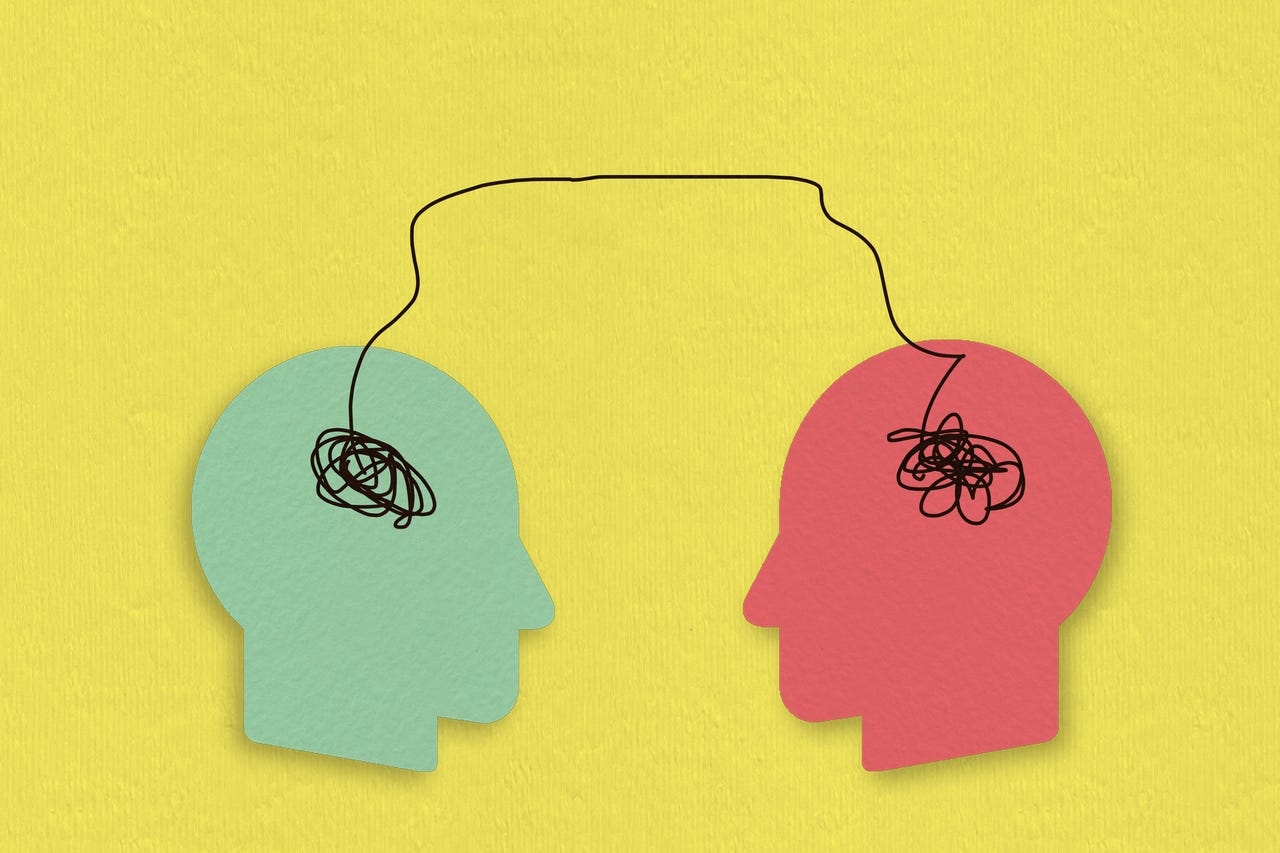
You’re likely familiar with ChatGPT, Microsoft Copilot, and even Google Gemini. But how about Pi? Unveiled last May, the chatbot represents a different kind of AI that’s built to provide both factual support and emotional support. On Thursday, Pi developer Inflection announced the latest version of its LLM (large language model) and how that’s helping it rival even GPT-4.
On the information front, Pi (short for “personal intelligence”) is using an updated version of its in-house LLM known as Inflection-2.5. With its recent training, the new LLM is striving to compete with other models, including OpenAI’s GPT-4 and Google’s Gemini. Inflection-2.5 comes close to GPT-4’s performance but used only 40% of the computer resources for training, Inflection said.
Also: The best AI chatbots: ChatGPT and alternatives
With the new LLM version, Pi made particular progress in areas like coding and math. Plus, the AI integrates real-time web search abilities to help you get up-to-date information and facts. In a series of benchmark tests detailed in Inflection’s blog post, Inflection-2.5 outperformed version 1 and nipped at the heels of GPT-4 in a variety of tasks. The tests covered such areas as common sense, science, Hungarian math, and graduate-level physics.
Beyond more technical areas, Pi serves as a general chatbot that can help with a variety of requests.
“With Inflection-2.5’s powerful capabilities, users are talking to Pi about a greater range of topics than ever: Discussing current events, getting local restaurant recommendations, studying for a biology exam, drafting a business plan, coding, preparing for an important conversation, or just having fun discussing a hobby,” Inflection said in its blog post.
But more interesting may be the emotional support that Pi tries to provide. Like any AI bot, Pi lacks any emotions and feelings itself. But that doesn’t mean it can’t listen and provide helpful advice.
In trying out Pi, I told it at different times that I was feeling angry, sad, or depressed. In response, the bot first sympathized with my conditions and told me that I wasn’t alone. It then suggested concrete steps to take, including exercises like jogging and yoga, creative activities like painting or playing an instrument, volunteering for local organizations and causes, spending time in nature, and practicing meditation and deep breathing.
Beyond the advice, Pi’s overall tone was one of compassion and understanding. That by itself is beneficial, especially with other chatbots sometimes responding with rude, insulting, or offensive hallucinations and comments.
In a blog post from last May, Inflection described the type of AI that it tried to create with Pi.
“Imagine an AI that helps you deeply understand topics you really care about, rather than flagging superficial clickbait,” Inflection said. “Imagine an AI that helps you empathize with or even forgive ‘the other side,’ rather than be outraged by and fearful of them. Imagine an AI that optimizes for your long-term goals and doesn’t take advantage of your need for distraction when you’re tired at the end of a long day.”
The twist of offering both factual information and emotional support seems to be paying off for Inflection.
Active users are chiming in at one million each day and six million each month, the company said. More than four billion messages have been exchanged with Pi so far. An average conversation lasts 33 minutes, while one in ten lasts over an hour. Plus, around 60% of the people who talk to Pi one week return the following week.
Available as a website, on iOS, on Android, and via a desktop app, Pi is completely free to use. After a few chats, you’ll be prompted to create an account to save a history of your requests. But you can continue to use it as a guest if you wish. Whether you’re looking for facts and figures or need a bit of emotional reassurance, Pi is one AI worth trying.




















+ There are no comments
Add yours